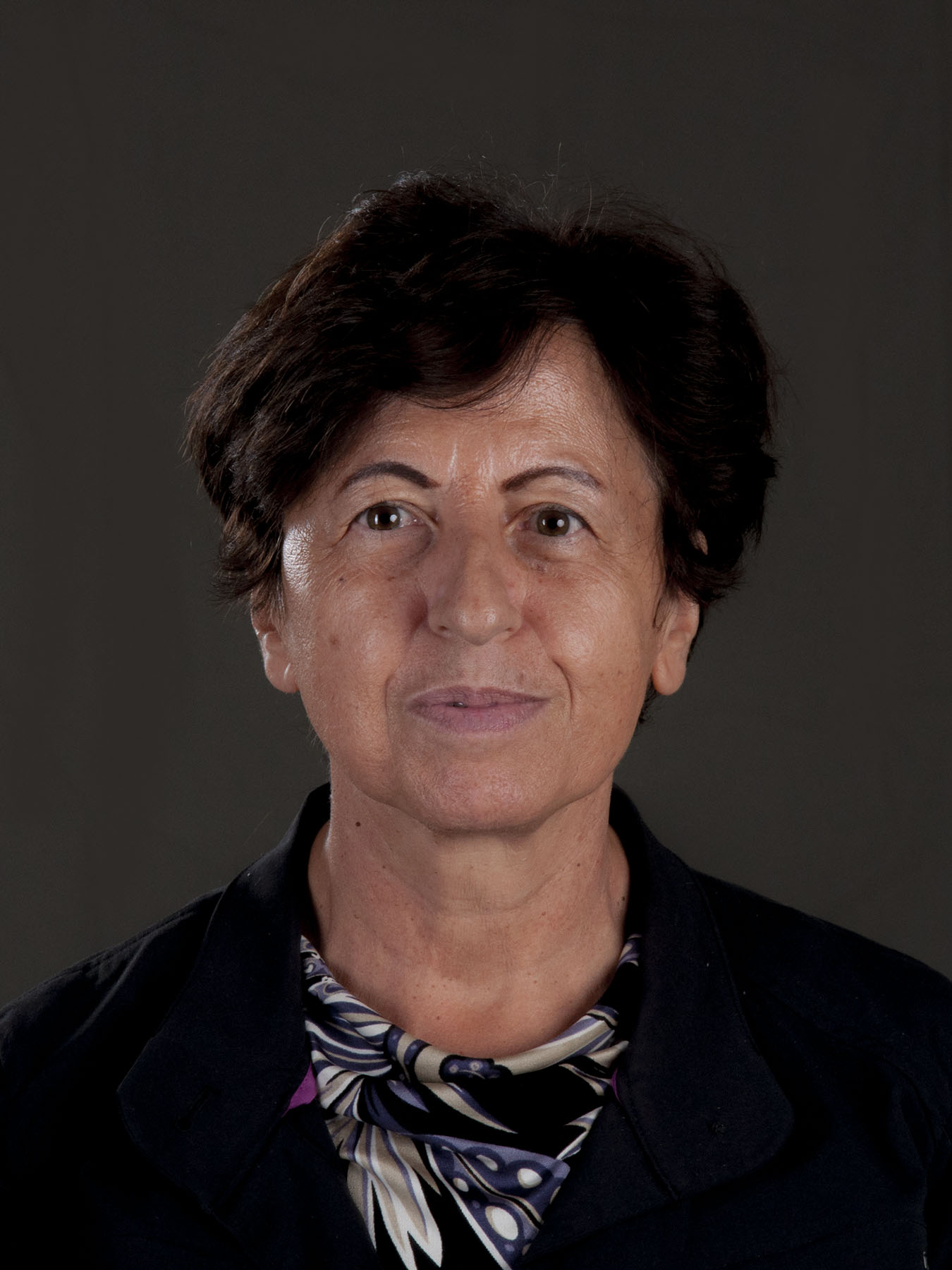Keynote Speakers
Elisa BERTINO
View short CV

Elisa Bertino is professor of Computer Science at Purdue University. She serves as Director of the Purdue Cyberspace Security Lab (Cyber2Slab). Prior to joining Purdue, she was a professor and department head at the Department of Computer Science and Communication of the University of Milan. She has been a visiting researcher at the IBM Research Laboratory in San Jose (now Almaden), at the Microelectronics and Computer Technology Corporation, at Rutgers University, at Telcordia Technologies. She has also held visiting professor positions at the Singapore National University and the Singapore Management University. Her main research interests include security, privacy, database systems, distributed systems, and sensor networks. Her recent research focuses on cybersecurity and privacy of cellular networks and IoT systems, and on edge analytics for cybersecurity. Elisa Bertino is a Fellow member of IEEE, ACM, and AAAS. She received the 2002 IEEE Computer Society Technical Achievement Award for “For outstanding contributions to database systems and database security and advanced data management systems”, the 2005 IEEE Computer Society Tsutomu Kanai Award for “Pioneering and innovative research contributions to secure distributed systems”, and the 2019-2020 ACM Athena Lecturer Award.
Security of 4G and 5G cellular networks
Short Abstract
As the world moves to 4G and 5G cellular networks, security and privacy are paramount importance and new tools are needed to ensure them. For example, LTEInspector is a model-based testing approach that combines a symbolic model checker and a cryptographic protocol verifier in the symbolic attacker model. Using it, researchers have uncovered 10 new attacks along with 9 prior attacks, categorized into three abstract classes (i.e., security, user privacy, and disruption of service), in three procedures of 4G LTE. Notable among the findings is the authentication relay attack that enables an adversary to spoof the location of a legitimate user to the core network without possessing appropriate credentials. To ensure that the exposed attacks pose real threats and are indeed realizable in practice, 8 of the 10 new attacks have been validated and their accompanying adversarial assumptions have been put through a real testbed. On-going work in addressing some of those vulnerabilities points the way toward an agenda of further research
Xuemin (Sherman) Shen
View short CV

Xuemin (Sherman) Shen is a University Professor, Department of Electrical and Computer Engineering, University of Waterloo, Canada. Dr. Shen's research focuses on wireless resource management, wireless network security, 5G and vehicular ad hoc and sensor networks. He was the Editor-in-Chief of IEEE IoT J, and served as the General Chair for Mobihoc'15, the Technical Program Committee Chair for IEEE Globecom'16, IEEE Infocom'14, IEEE VTC'10, the Symposia Chair for IEEE ICC'10, the Technical Program Committee Chair for IEEE Globecom'07, the Chair for IEEE Communications Society Technical Committee on Wireless Communications. Dr. Shen was an elected IEEE ComSoc Vice President - Publications, the chair of IEEE ComSoc Distinguish Lecturer selection committee, and a member of IEEE ComSoc Fellow evaluation committee. Dr. Shen received the Excellent Graduate Supervision Award in 2006, and the Premier's Research Excellence Award (PREA) in 2003 from the Province of Ontario, Canada. Dr. Shen is a registered Professional Engineer of Ontario, Canada, an IEEE Fellow, an Engineering Institute of Canada Fellow, a Canadian Academy of Engineering Fellow, a Royal Society of Canada Fellow, a Chinese Academy of Engineering Foreign Fellow, and a Distinguished Lecturer of IEEE Vehicular Technology Society and Communications Society.
Reinforcement Learning for Resource Management in Space-Air-Ground (SAG) Integrated Vehicular Networks
Short Abstract
Space-Air-Ground integrated Vehicular Network (SAGVN) is a prominent paradigm, which can simultaneously guarantee ultra-reliability low-latency communications (URLLC) and deliver high-bandwidth traffic anywhere, any environment condition, and any event at anytime. However, it is challenging to manage and allocate the terrestrial network, aerial network (UAV), and space (satellite) resources simultaneously and efficiently, as they have heterogeneous access features in terms of delay, throughput, and coverage range. In addition, high vehicle mobility and real-time decision requirement further render the problem intractable. In this talk, we advocate the usage of reinforcement learning for resource management in SAGVN, which can enable model-free and fast decision makings for adaptive access control, on-demand UAV deployment, and UAV trajectory design. We will also show the detail development of our SAG simulator and some demos.





